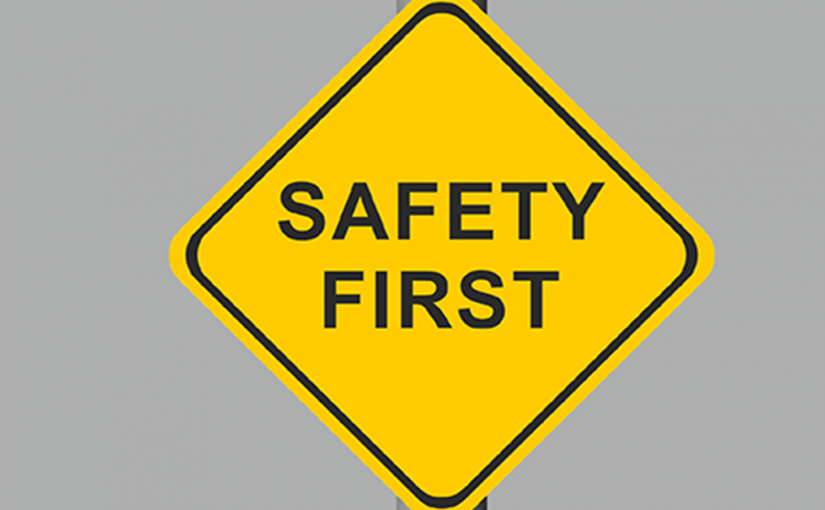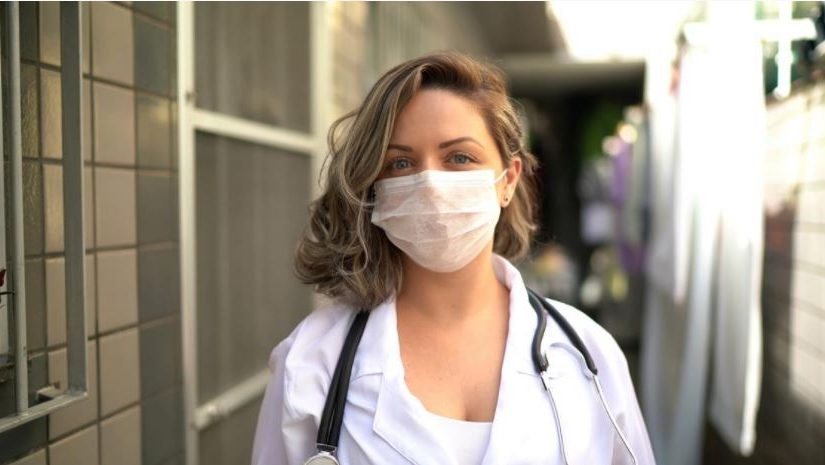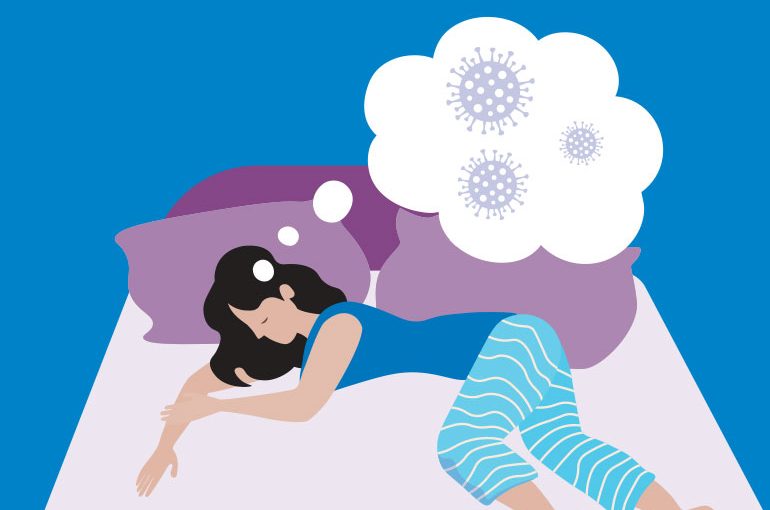Even after three COVID-19 vaccine doses, high blood pressure more than doubles the risk for hospitalization with an omicron variant infection.
That’s according to a new study of 912 patients from Cedars-Sinai Medical Center. The researchers analyzed healthsystem data for patients who became infected after receiving three shots. Of the participants, 145 — or nearly 16% — were hospitalized with COVID-19.
Read more at https://www.mcknights.com/news/clinical-news/high-blood-pressure-plus-covid-doubles-risk-of-hospital-stay-study/




